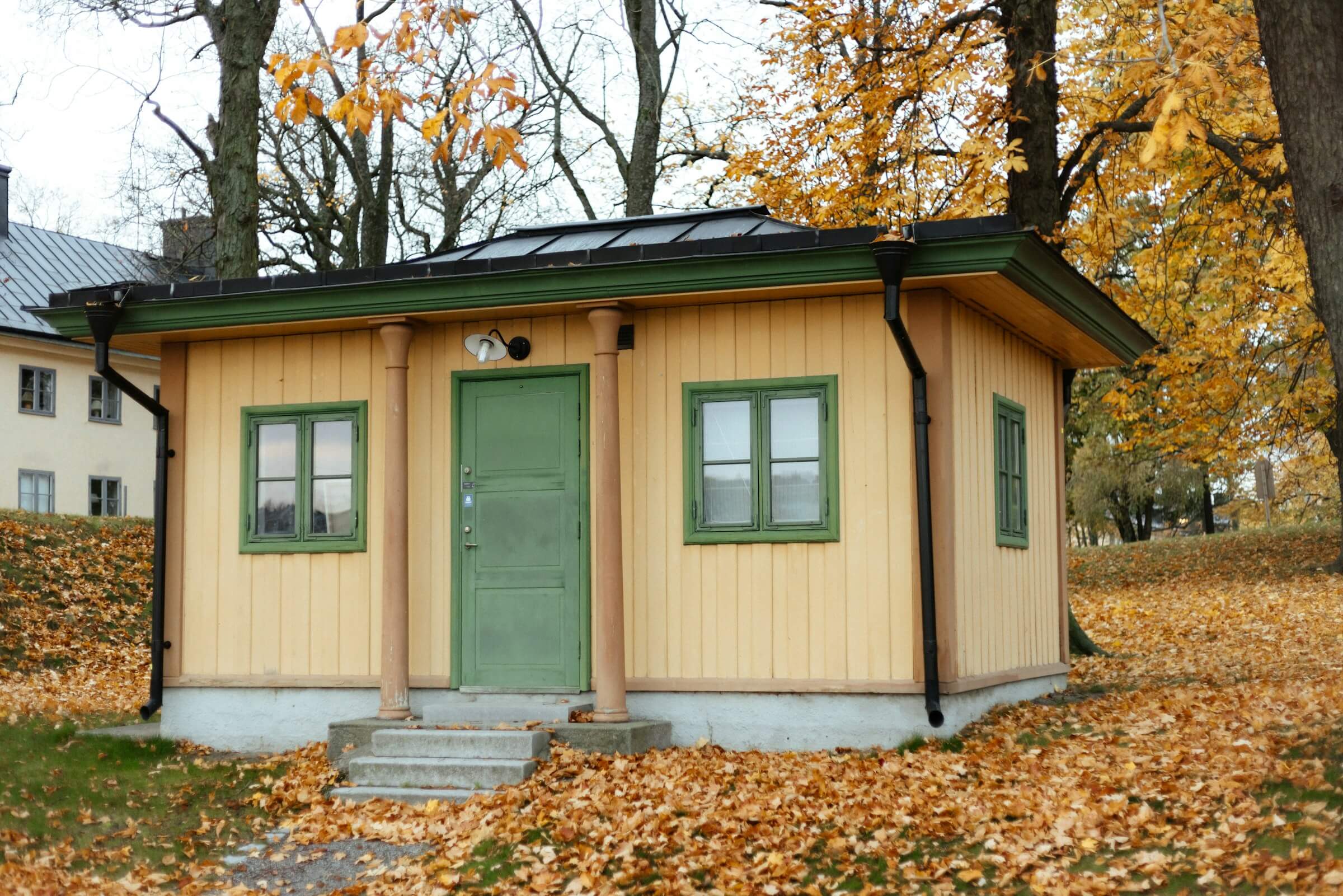Introduction
The world of real estate investment offers a plethora of opportunities for those looking to expand their portfolios and generate substantial income. Among these, rental properties stand out as particularly lucrative options. But with so many types of properties available, a crucial question arises: What rental properties are most profitable? This article delves into the top 11 rental property types, providing insights into their profitability and how investors can maximize their returns.
Single-Family Homes: A Gateway to Rental Profits
Single-family homes are often the first step for many property investors. They offer a straightforward entry into the rental market with typically lower initial costs and easier management compared to larger properties. The key to profitability here lies in selecting homes in desirable neighborhoods with potential for appreciation. Additionally, these properties often attract long-term tenants, reducing turnover costs and ensuring a steady income stream.
Multi-Family Properties: Scaling for Higher Income
Investing in multi-family properties, such as duplexes or small apartment buildings, is a step up from single-family homes. These properties can generate multiple streams of income from several units. The key advantage here is the ability to scale income while managing a single property. However, this comes with increased management responsibilities, making efficient property management crucial for profitability.

Vacation Rentals: Capitalizing on Tourism
The surge in tourism and the popularity of platforms like Airbnb have made vacation rentals a highly profitable rental property type. These properties, located in tourist hotspots or scenic areas, can command higher rental rates for short-term stays. Success in this market hinges on excellent guest experiences, standout amenities, and effective marketing.
Commercial Properties: Diversifying into Business Spaces
Commercial properties, including office spaces, retail units, and warehouses, offer a different avenue for property investors. These properties often come with longer lease terms and higher rent potential, but they also require a deeper understanding of the commercial market and tenant needs. Location and market demand are crucial factors influencing profitability in commercial real estate.
Student Housing: Investing Near Educational Institutions
Properties located near educational institutions can be highly profitable due to the constant demand for student housing. These rentals cater to a specific demographic and often guarantee occupancy during academic years. However, they may require more frequent maintenance and management due to higher tenant turnover.
Senior Living Facilities: A Growing Market
With an aging population, there’s a growing demand for senior living facilities. These specialized rental properties can offer higher returns due to the specialized services and amenities they provide. Investors in this sector need to be aware of the specific needs and regulations associated with housing for seniors.
Mixed-Use Properties: Combining Residential and Commercial Uses
Mixed-use properties, which combine residential and commercial spaces, offer a unique investment opportunity. They provide diversification within a single property, often leading to a more stable income stream. The key to success in mixed-use properties is finding the right balance between the different uses and ensuring they complement each other.
The Role of Location in Rental Property Profitability
Location is a determining factor in the profitability of any rental property. Properties in areas with strong economic growth, job opportunities, and amenities tend to have higher demand and can command higher rents. Thorough market research is essential to identify these profitable locations.
Financing Options for Rental Property Investments
Understanding and leveraging financing options can significantly impact the profitability of rental properties. Traditional mortgages, government-backed loans, or creative financing strategies like lease options can be used to optimize investment returns. It’s important to compare different financing options and understand their implications on your overall investment strategy.
Tax Benefits and Implications of Rental Properties
Rental property investments come with various tax benefits, such as deductions for mortgage interest, property taxes, and maintenance costs. These can significantly reduce taxable income and enhance overall profitability. However, investors must also be aware of their tax obligations and plan accordingly.
The Impact of Property Management on Profits
Effective property management is key to maintaining and increasing the profitability of rental properties. Whether you choose to manage properties yourself or hire a property management company, efficiency in tenant screening, maintenance, and rent collection is crucial. Good management practices can minimize vacancy rates and maintenance costs while maximizing rental income.
Renovations and Upgrades: Boosting Rental Income
Investing in renovations and upgrades can significantly increase a property’s value and rental income potential. Strategic improvements like modernizing kitchens and bathrooms, enhancing curb appeal, or adding in-demand amenities can make your property more attractive to potential tenants and justify higher rent prices.
Risk Management in Rental Property Investments
Like any investment, rental properties come with their risks. Investors need to be proactive in risk management, which includes having adequate insurance coverage, adhering to legal regulations, and preparing for potential market fluctuations. Understanding and mitigating these risks is essential for long-term profitability.
Technology and Rental Properties: Modern Tools for Higher Profits
The use of technology in managing rental properties can streamline operations and boost profitability. Online rental platforms, property management software, and digital marketing tools can help attract and retain tenants, manage properties more efficiently, and keep up with market trends.
Case Studies: Success Stories in Rental Property Investments
Learning from the experiences of successful investors can provide valuable insights. Examining case studies of profitable rental properties can reveal effective strategies and common pitfalls to avoid. These real-life examples serve as a practical guide for navigating the rental property market.
What Rental Properties Are Most Profitable?
Comparing the profitability of different rental properties reveals that there’s no one-size-fits-all answer. The most profitable rental property for an investor depends on their financial goals, market knowledge, and management capabilities. It’s about finding the right fit for your investment strategy and market conditions.
Conclusion and Future Outlook for Rental Property Investments
The world of rental property investments is dynamic and offers diverse opportunities for profitability. As markets evolve, staying informed and adaptable is key to success. With the right approach, knowledge, and management, rental properties can be a highly profitable component of an investment portfolio.






